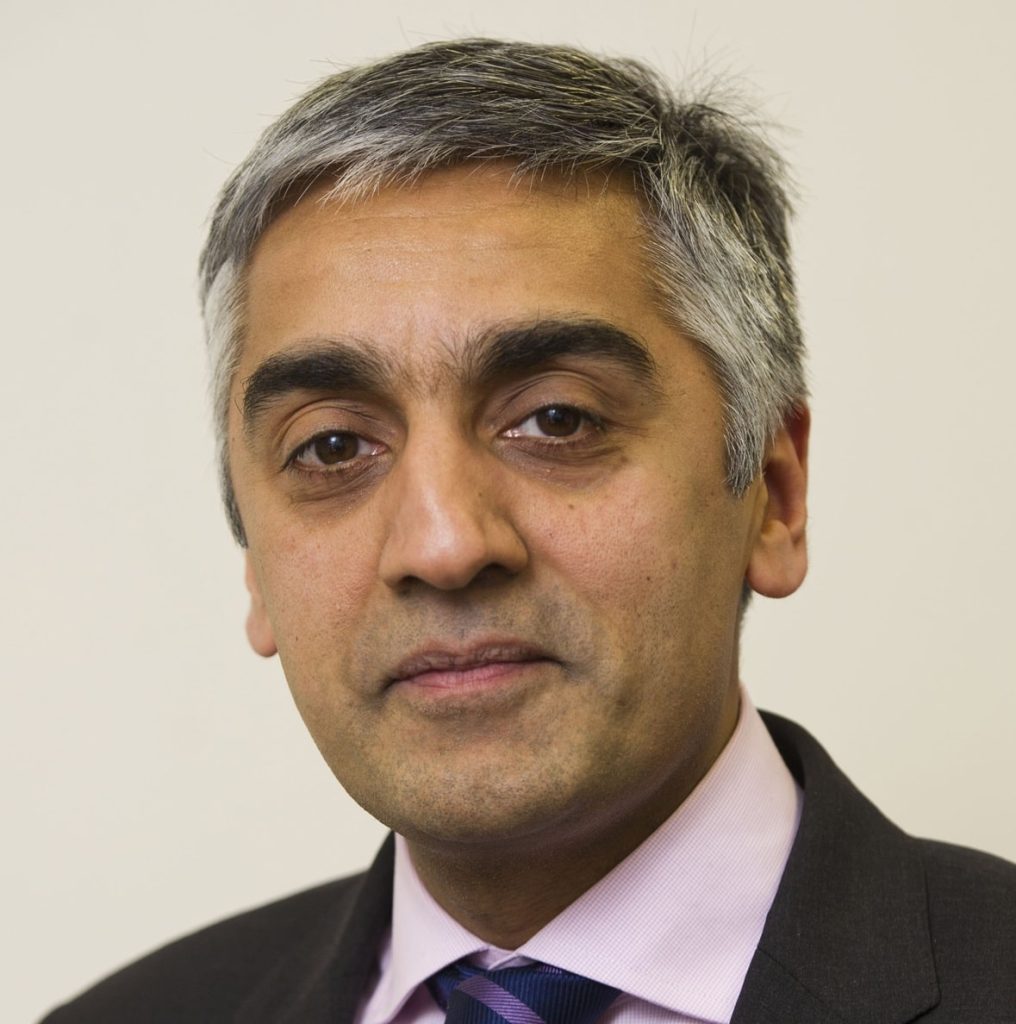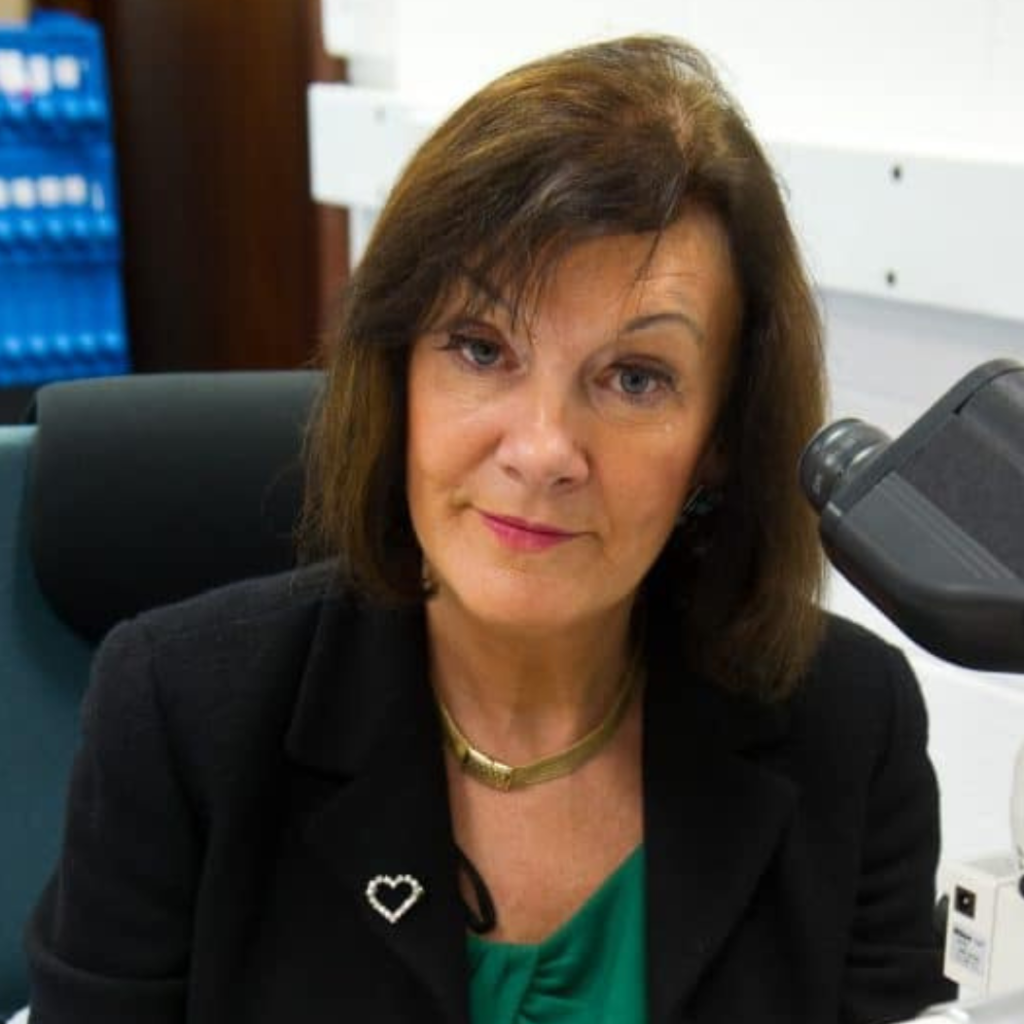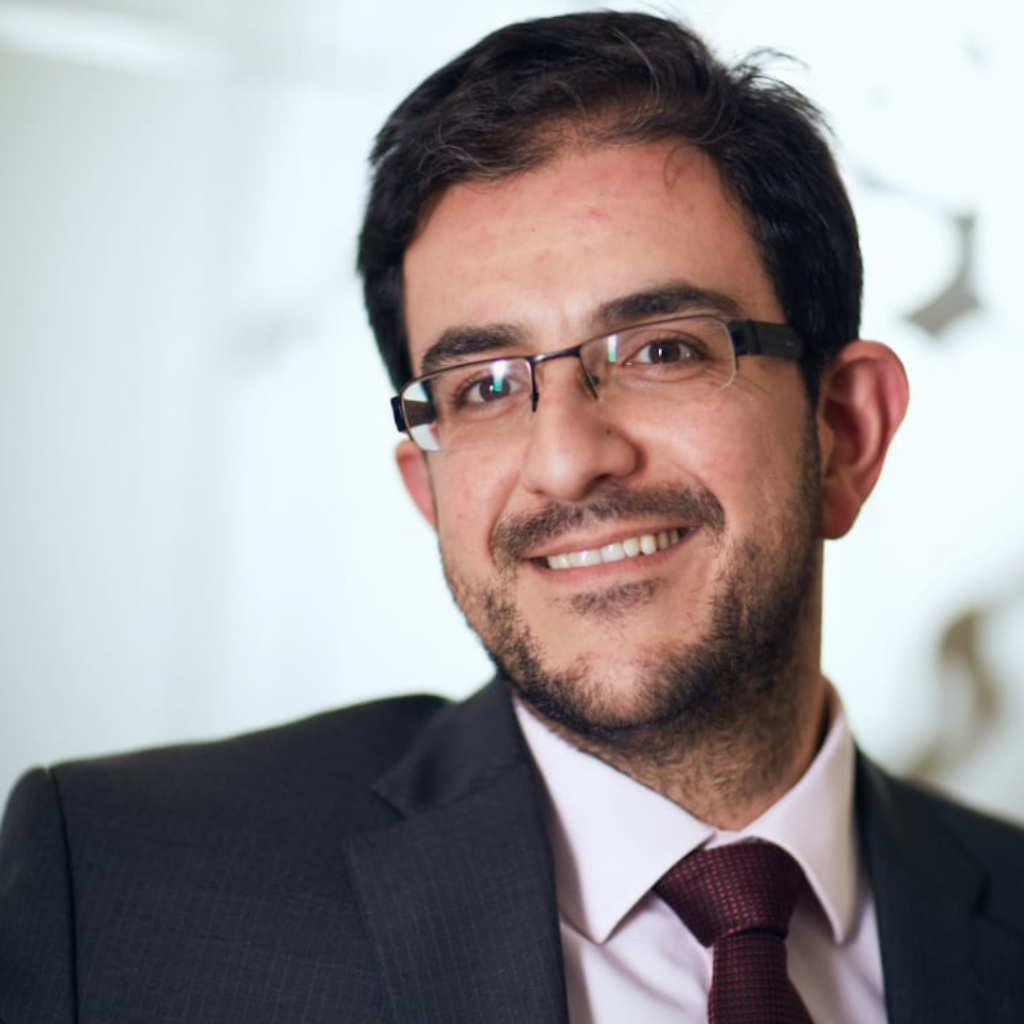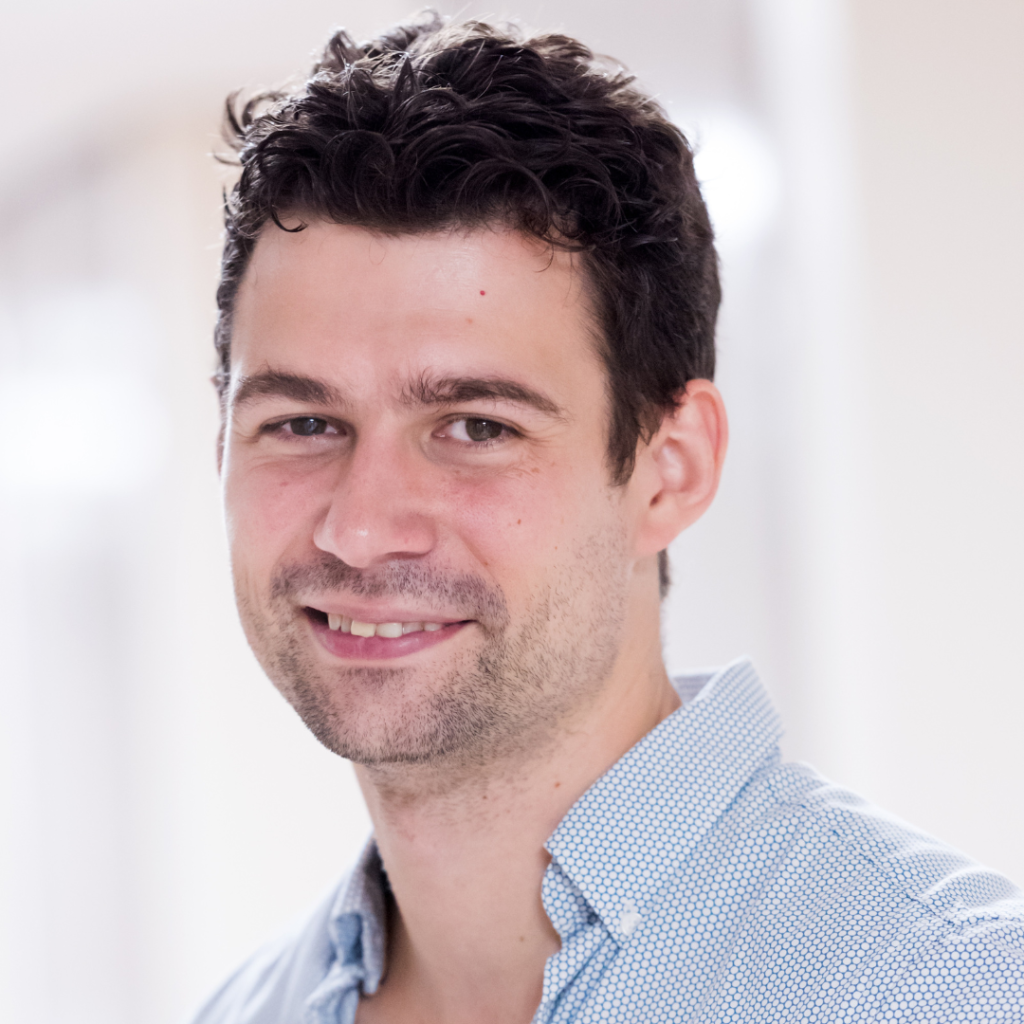Welcome and introduction – Dr Steven Cox – 0:00 to 5:30
What are the causes of young sudden cardiac death – Professor Mary Sheppard – 5:30 to 30:00
Why are death certificates often inaccurate – Dr Joe Westaby – 30:00 to 39:30
Why is expert pathology essential before testing first degree relatives – Professor Michael Papadakis -39:30 to 1:00:30
Unanswered questions in cardiac pathology – Dr Joe Westaby – 1:00:30 to 1:12:00
How can we identify young people with cardiac conditions – Professor Sanjay Sharma – 1:12:00 to 1:27:00
How do we risk stratify young people identified with cardiac conditions – Professor Michael Papadakis – 1:27:00 to 1:46:00
How often should patients with cardiac conditions be tested/re-tested? – Professor Sanjay Sharma – 1:46:00 to 2:02:00
How can patients live well after a diagnosis of an inherited cardiac condition? – Professor Michael Papadakis – 2:02:00 to 2:25:00
New frontiers in treatment. How treatments (new medications) for inherited cardiac conditions are changing – Professor Sanjay Sharma – 2:25:00 to 2:44:00
Panel discussion – Dr Steven Cox, Professor Mary Sheppard, Professor Sanjay Sharma, Professor Michael Papadakis and Dr Joe Westaby – 2:44:00 to 3:32:00




“Our programme today highlights many of the questions that families will have following the sudden cardiac death of a young person”; these were the opening words from CRY’s CEO at the start of the “Medicine and Me” one day conference, held on Thursday June 20th in partnership with the Royal Society of Medicine, at its prestigious Central London headquarters.
Cardiac Risk in the Young (CRY) had been invited to host the conference following a competitive ‘pitch’ process, spearheaded by Professor Mary Sheppard. And, the academic event certainly achieved the remit of providing a unique opportunity for delegates (whether in person or watching remotely) to explore the following key pillars; the prevention of sudden cardiac death in young people; a better understanding of the underlying causes; how best to manage a safe yet unrestricted lifestyle for those diagnosed with a condition.
Before ‘handing over’ to the esteemed panel of cardiology and pathology experts, Dr Cox went on to explain the rationale behind the seminar; “We hope that the programme which we have put together for the first part of the session highlights many of the areas that families will need guidance on following the tragedy of a young sudden cardiac death. These initial discussions will take us from “what causes sudden cardiac death”, through to the highly emotive issue of the confusion that can so often surround the coroner service and the cause of death recorded on death certificates.
“For almost 30 years, we have supported families as they have navigated this incredibly difficult period, particularly when an ‘official’ cause of death doesn’t convey what they feel has happened in their family and can seem misleading and inaccurate. Such uncertainty can really impact the rest of the family and it’s often only as they start to go through the different stages of follow-up assessments, that this can even begin to be dealt with”.
He adds; “Whilst we accept that so much has been achieved in the past 25-30 years, there is still much to learn and understand and this conference is a wonderful opportunity to reflect on what we already know, as well as showcasing areas of new research and illustrating CRY’s commitment to pushing the boundaries for the benefit of all those affected by young sudden cardiac death.” One of the world’s leading experts in cardiac pathology and sudden death, Professor Mary Sheppard, led the opening session which looked at how cardiac pathology offers invaluable help to families who have suffered a sudden cardiac death and, crucially, how CRY’s commitment to funding a specialist unit in London for almost two decades has led to the development of a pioneering ‘fast, expert and individual service provision.’ Professor Sheppard, who is the Director of CRY’s Centre for Cardiac Pathology, based at St George’s, University of London, is the lead investigator on the hugely important piece of CRY-funded research, the results of which were recently published in the leading medical journal, ‘Histopathology’. The study, which Professor Sheppard talked the delegates through, looked at the largest cohort of sudden cardiac death autopsy findings ever reported from one country, the results of which highlight the vital importance of expert post-mortem following the sudden cardiac death of a young person.
Investigating over 7,000 autopsies from a 25 year period, also showed that sudden arrhythmic death (SADS) was the predominate cause of death (up to 40%), alongside cardiomyopathies (conditions affecting the heart muscle), which accounted for around one fifth (22%) of sudden deaths. Due to this pioneering project, there is now a national, cross-organisation pilot study integrating molecular autopsy and family screening into the assessment of SCD victims (with any related genetic testing taking place within the NHS).
The next focus area saw Dr Joe Westaby, Clinical Lecturer in Histopathology, University of London and St George’s University Hospitals NHS Foundation Trust, explain in great depth the importance of a full and universal recognition of ‘modes of death’ and how this improved knowledge should automatically trigger referrals to autopsy and further investigations. Specifically, Dr Westaby updated delegates on the proposed move to the reviewed ICD-11 code [International Classification of Diseases] which should significantly reduce the use of the term “non-specific causes” as a cause of death.
This discussion highlighted an area which is of huge interest for CRY families and health policy makers alike, and is something which CRY will continue to monitor and advocate for.
However, perhaps the most poignant and relatable element of the talk was Dr Westaby’s reference to a recent case which had been bought to his attention, where a 17 year old, apparently fit and healthy man had died suddenly. On further investigation, it was found that his mother had died suddenly, 5 years previously, aged 38, with her cause of death recorded as myriad factors, including “end stage heart failure and rheumatoid arthritis”.
Dr Westaby shared slides from his cellular investigations and explained to delegates; “Through the microscope, I immediately saw this….it’s called myocyte disarray and it clearly indicates Hypertrophic Cardiomyopathy.”
This one case study alone illustrated succinctly and powerfully the driving force behind CRY’s research programme and commitment to funding specialist pathology services. A thorough post-mortem, referred to a specialist pathology team would have most likely picked up this familial condition, potentially allowing for the prevention of the boy’s death. In essence, a tragedy that should not have happened
Pathology and prevention are clearly key to CRY’s underlying principle that “improved knowledge and accuracy of the true incidence of YSCD in our population is the most effective way to improve risk stratification and develop preventative strategies for family members.”
However, the purpose of this prestigious conference was to also explore current understanding – and to share knowledge – of the impact of inherited, genetic and acquired cardiac conditions on young people once diagnosed, and the steps that can be safely taken to help improve and maximise quality of life.
This section was led by two, leading cardiologists with impressive international reputations – and who CRY is so fortunate and proud to have worked closely with for many, many years. Both based at St George’s, University of London, Professor Sanjay Sharma (Professor of Sports Cardiology and Inherited Cardiac Diseases) and Professor Michael Papadakis (Senior Lecturer in Cardiology, Honorary Consultant Cardiologist and currently President of the European Association of Preventive Cardiology) delivered hugely thought-provoking and insightful presentations addressing the impact of a diagnosis on a young person and how they should be supported through their subsequent lifestyle decisions.
The engaging talks took the delegates through many of the questions often asked by patients whilst working with their cardiology teams to ascertain and stratify risk factors. “The dreaded one is always ‘how much and how hard can I exercise?”, explained Professor Papadakis.
Professor Sharma concluded the day with a fascinating review of new frontiers in drug therapies and how evolving medications have the potential to transform the way these conditions can be managed and treated.
Speaking after the conference, Dr Steven Cox, commented; “This conference, held in the unquestionably prestigious surroundings of the Royal Society of Medicine, was a unique opportunity to gather a phenomenal panel of experts, bringing together decades of experience from the forefront of research, aspiring to improve the prevention of young sudden cardiac death.
“In a relatively short space of time – which is testament to the expertise and unrivalled knowledge of our four presenters – we were able to cover a wealth of important issues from cardiac screening protocol, through to new and exciting drug therapies, how best to identify high-risk individuals and ways of providing optimal care for patients with diagnosed cardiac conditions.
“We also explored CRY’s longstanding commitment to support affected families and, whilst we looked back across our history of how we have worked to develop and fund world-renowned expert cardiology and pathology services, we were also inspired by news of ongoing studies and published research. Such emerging knowledge will continue to inform our decision-making policy and commitment to ensuring that every family affected by the devastation of a young sudden death will receive the ‘answers’ they so desperately need to even attempt to being able to adjust to and understand the cause of death of their child, partner, parent or sibling.
“And, vitally, we also want to reassure families that their first degree relatives will not be left at risk from the same condition.
“No family should ever be given a cause of death of ‘unascertained’ and I feel immensely proud that teams of researchers funded by CRY share our determination to support bereaved families and protect young people.”
Dr Cox concludes; “It feels impossible to do justice to the knowledge, insight and vision that was shared during the “Medicine and Me: young sudden cardiac death” conference in a short write-up….so I really do urge our supporters and stakeholders to view the individual video clips here.”
A link to the full research paper; “Sudden arrhythmic death and cardiomyopathy are important causes of sudden cardiac death in the UK: results from a national coronial autopsy database” can be found here.




